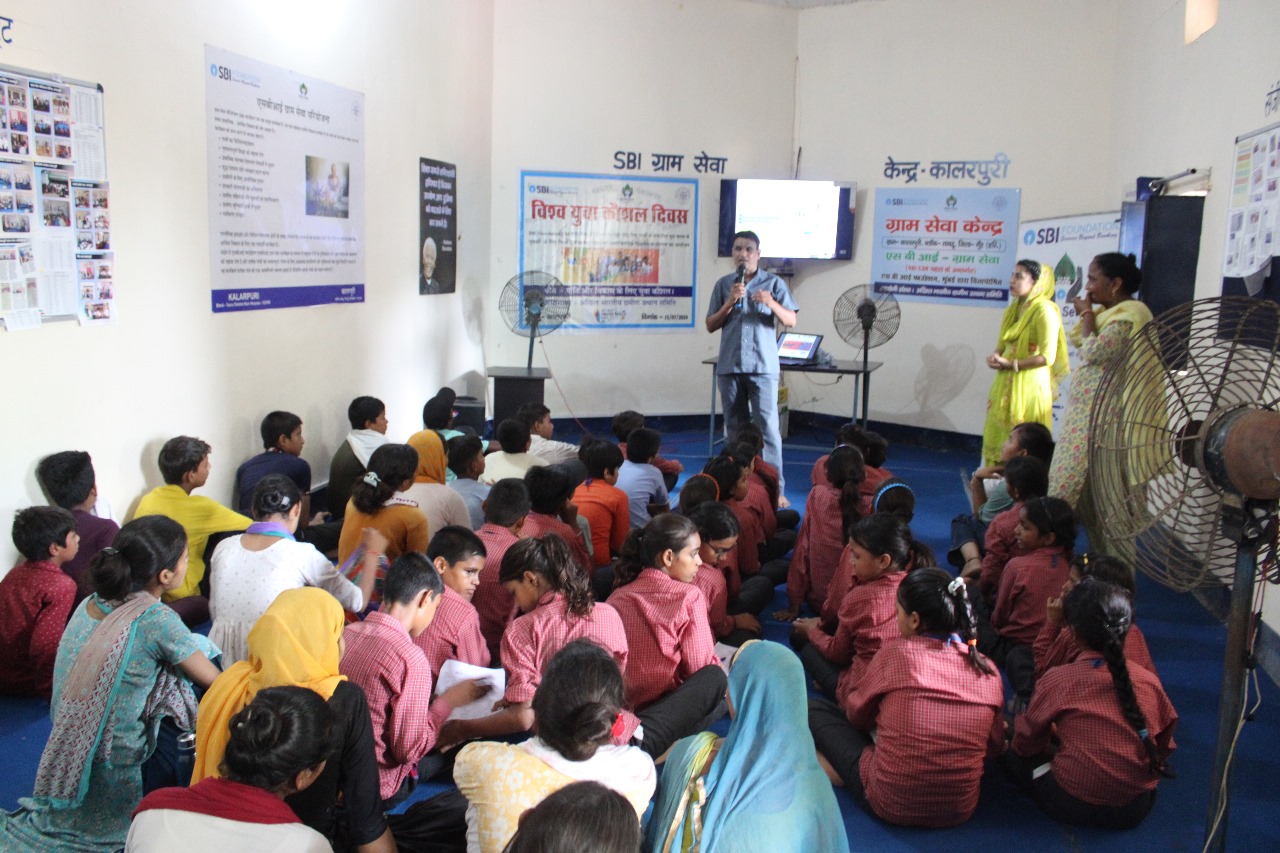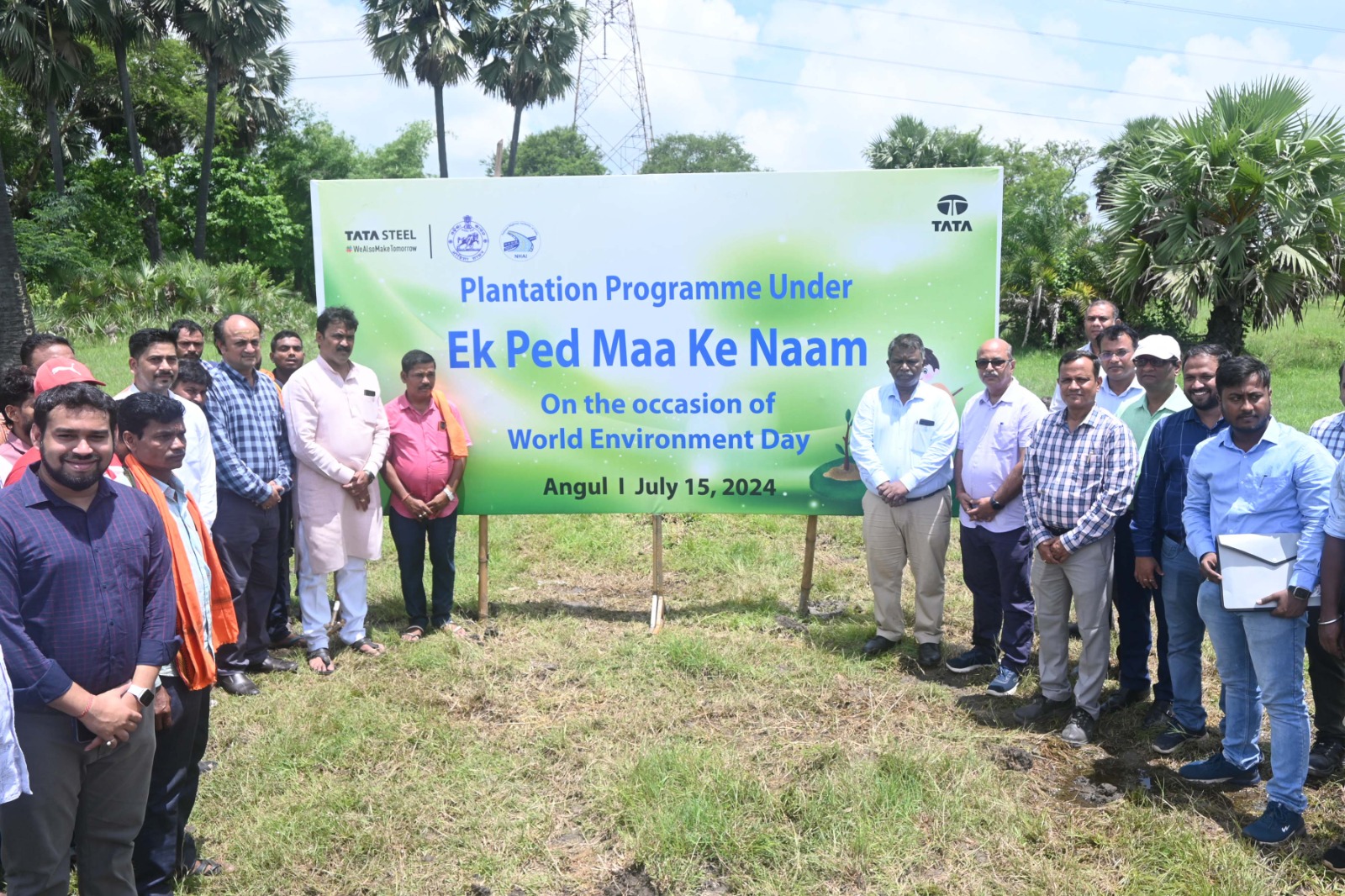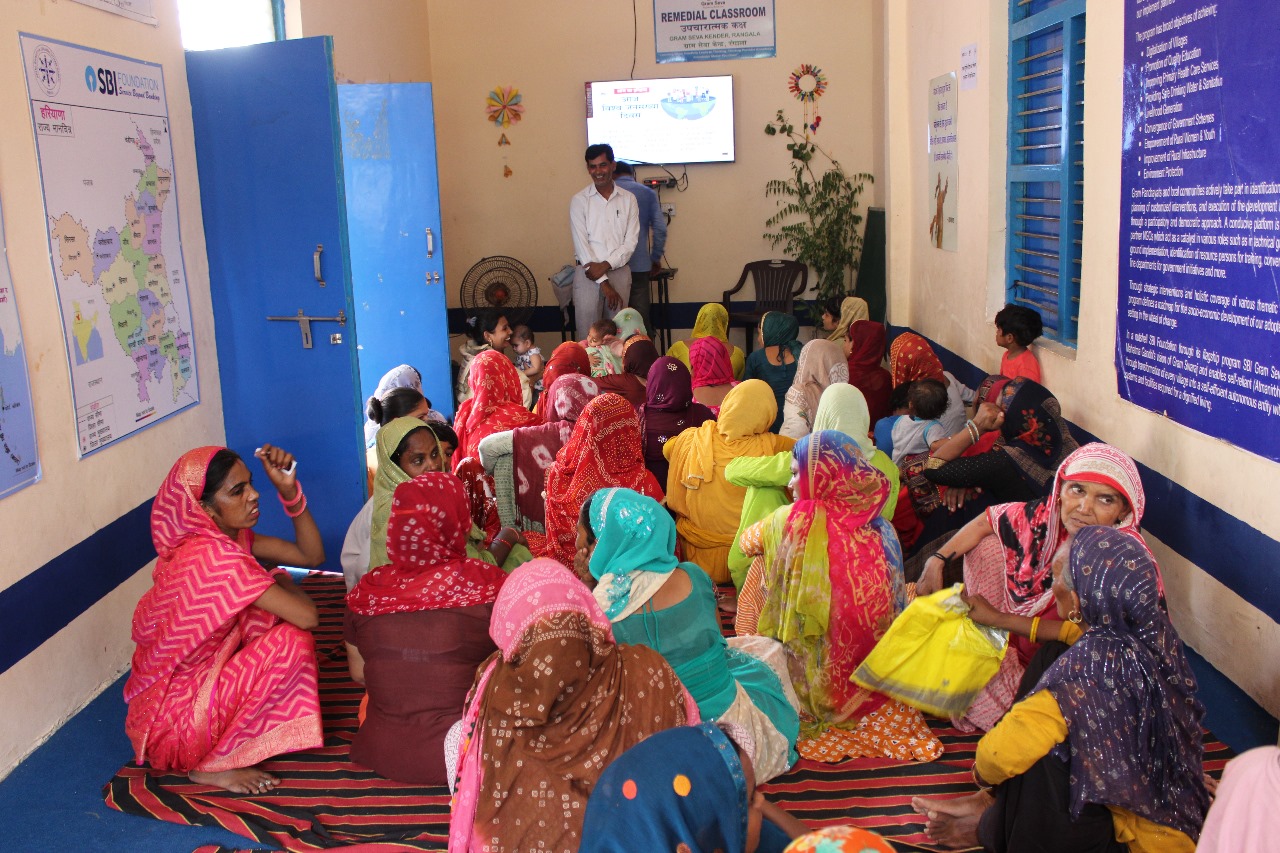Subscribe our Weekly Newsletter
RFP for for Hiring an Agency to Conduct Midline Evaluation of USAID funded India Partnership for Early Learning Project at state level

Organization: SPC Management Services Pvt. Ltd.
Apply By: 02 Aug 2024
Request for Proposal (RFP) for Hiring an Agency to Conduct Midline Evaluation of USAID funded India Partnership for Early Learning Project at state level
Background
Foundational learning builds the basis for the future learning of a child. As mentioned in the National Education Policy (NEP) 2020 of India, many students starting from the elementary level have not acquired foundational literacy and numeracy skills[1]. Considering the crucial role of foundational skills in national development, the National Initiative for Proficiency in Reading with Understanding and Numeracy (NIPUN Bharat) was established in 2021. The NIPUN mission envisages every child in the country attaining Foundational Literacy and Numeracy (FLN) by the end of Grade 2, by 2026-27[2]. To accomplish the targeted learning outcomes for students outlined under the NIPUN Bharat Mission document, several steps have been taken nationally and state-wide to universalize FLN and to transform early grades’ classroom practices. The sphere of action of the NIPUN mission includes teacher capacity building, universal and equitable accessibility to quality early years education, the retention of children in the foundational (pre-/early primary) years of schooling, and the development and provision of high-quality diversified student teaching and learning resource materials.
For this purpose, a vibrant curriculum framework, engaging learning materials (both online and offline), clearly defined and measurable learning outcomes, effective teacher development approaches, assessment techniques for formative and summative assessment of students, etc. will be developed to take forward in a systematic fashion (NIPUN Guidelines for Implementation; pg. 15). Key elements of these initiatives include a school readiness program, teacher training specifically focused on Foundational Learning (FL), and timely distribution of quality resources for FLN classrooms (the FLN toolkit)
In this context, the India Partnership for Early Learning (IPEL) supported by United State Agency for International Development (USAID) is working in the states of Bihar, Jharkhand, and Uttar Pradesh (UP) and limited capacity in the Municipal Corporation of Delhi (MCD) region to transform FL service delivery for public/government schools. The IPEL project uses a system-strengthening approach by providing technical support (through a dedicated project management unit) to Department of School Education and its institutions. The project also builds pathways and enable private sector support and engagement in the states to bridge financial and technical resource deficit in foundational learning in state. to drive changes in FL delivery. The project supported the Department of Education in Bihar, Jharkhand and UP in implementing the NIPUN Bharat Initiative through developing curriculum, teachers and students support materials, ECE package, TLMs, learners’ assessment and school-based reporting system and continues support in providing training to teachers and other education functionaries on FLN.
Outcomes of IPEL Project
The project aims to assist state governments in ensuring that children achieve the following key learning outcomes: reading with comprehension (in any vernacular language) and fluency, the ability to solve two-digit subtraction, and the ability to handle and express emotions. To support this, the project collaborates with the departments of education in identified states through five specific components as mentioned below (Refer Annexure I for more details),
- Improved Monitoring and Reporting System for foundational/early learning
- Improved classroom instructional materials, policies, strategies and standards adopted and practiced
- Improved professional development of education functionaries for early grade teaching and learning
- Strengthened visioning, financing and coordination for effective delivery of FLN in the state
- Strengthened community and family engagement in early learning practices at school and home
The IPEL Project has a specific focus on gender and social inclusion to address the deep-seated issues of inequity pertaining to gender, school related gender-based violence (GBV) and social inclusion.
Rationale of the Survey
The rationale for conducting the midline evaluation of the project in 2024, following the baseline conducted in 2022, is paramount for effectively assessing the results achieved to date and the extent to which IPEL has contributed to improve Foundational Literacy and Numeracy (FLN) in targeted states of India vis a vis its intended indicators and targets. This assessment will offer stakeholders a comprehensive understanding of whether the interventions and strategies implemented under the NIPUN Bharat Initiative, supported by the India Partnership for Early Learning (IPEL), are effectively advancing the objectives of strengthening systemic capacity to deliver and improved FLN among children. Importantly, the midline evaluation will provide an opportunity to identify persistent barriers and emerging opportunities in and inform corrective actions as necessary. By identifying challenges and barriers that may have emerged during the implementation phase, stakeholders can ensure the project/NIPUN program made necessary changes towards achieving its goals by the target year of 2026-27. Moreover, the midline evaluation will also serve as a crucial feedback mechanism, providing insights into the strengths and weaknesses of the interventions and strategies employed. This feedback enables informed decision-making, allowing adjustments to be made based on evidence and lessons learned to enhance the effectiveness of future interventions at the government level. Additionally, the findings from the midline assessment can inform resource allocation decisions, ensuring that resources are directed towards technical areas and beneficiary subgroups that require additional support or investment, thereby optimizing resource utilization and maximizing the impact of interventions on FLN outcomes. Therefore, the midline evaluation is instrumental in ensuring that interventions are evidence-based, adaptive, and effective in achieving their intended objectives in the state.
Objectives of the Study:
The primary purpose of this midterm evaluation is to assess the progress of the IPEL activity towards its development objectives and assess the validity of the project’s strategic approaches and results framework, identify lessons learned and recommend actions to improve performance, strategy, and future design. The specific objectives of this study are:
- To understand progress towards achieving key project indicators (listed below) and to establish baseline values for the USAID indicator CBLD-9 (% of US Government (USG)-assisted organizations with improved performance).
- To understand the change in the learners’ acquisition of FLN skills related to literacy, numeracy, and socio-emotional and ethical learning, compared to the baseline, and the factors influencing FLN skills acquisition.
- To understand the change in school readiness among learners who enrolled in grade I.
- To understand the change in the learning environment including classroom instruction methods used by teachers, and availability and use of TLMs in FLN classrooms of government primary schools and pre-schools/AWCs.
- To understand the change in parental engagement and support for the grade I and III learners’ education and home-based learning.
- To assess the extent to which the IPEL Activity is associated with changes in student and teacher attendance.
- To understand to what extent the project contributed to improving the system preparedness of overall FLN implementation (State and District, School/AWC, Teacher/AWW and Community), which strategies have been the most effective and what are the persisting gaps/barriers.
- To understand private sector engagement process and contribution to the state FLN program, identify key barriers, and evaluate the effectiveness of the project approach in enhancing the system for private sector engagement.
Required Expertise
- The agency must demonstrate a sound understanding of thematic areas related to education and specifically on Foundational Literacy and Numeracy and system strengthening initiatives in school education.
- The agency should have at least 5 years of experience in conducting large scale research in schools and AWCs, including learning assessments and classroom observations
- The agency must have an experience in designing and conducting quantitative & qualitative surveys of a similar scope.
- The agency should have prior experience in conducting data collection in the states of Bihar, Jharkhand and UP.
- The agency should have prior experience in analysing large-scale evaluation data and drafting quality reports, including demonstrated utilization of advanced quantitative analysis.
- The agency should have a minimum of five years of experience in designing evaluations of similar scope and conducting analysis and report writing. The agency will be required to provide examples of previous reports with a similar scope and analytical framework.
- The agency should have positive financial turnover in last three years.
Submission of Proposal
Stage -1 Submission of EOI and Pre-Bid Query
Submission of EOI with basic eligibility documents and Pre-Bid Queries, if any, by 25th July 2024 to the email ID kishan@spc.co.in
The Pre-Bid meeting Link will be shared with interested bidders on 26th July 2024.
The Pre-Bid meeting will be held on 29th July 2024.
Stage – 2 Submission of Proposal
Interested agencies are required to submit their proposal by August 2, 2024 to the email ID kishan@spc.co.in. The proposal should be submitted in English and should contain-
- Technical proposal: The technical proposal should include
Part A
- Organization details and history of the agency
- Examples and details of large-scale evaluations in similar domain
- A separate attachment of a sample evaluation report of similar scope as the expected midline evaluation
Part B
- Study background
- Detailed proposed evaluation methodology
- Quality Assurance Mechanism
- Detailed work plan including training
- Proposed Key personnel on the project with a short CV and their assigned role (not more than 2 pages).
- Financial Proposal: The financial proposal should include the cost of the personal, travel, and other expenses with unit rate and number of days in detail and not in overheads.
- The financial proposal
- Audited financial report for last three financial years (Financial year FY20-21, 21-22, 22-23)
- PAN Card and Bank Details
- Company registration certificate
The proposal should be in Gill Sants MT font with text size 11 and single space. The headings can be one size larger, and subheadings can be placed in italics.
To download the full RFP, click here
Latest Online Store
Latest Grants
Latest News
© Renalysis Consultants Pvt Ltd


![RFP for Engaging Event Management Agency for Global Bio-India [GBI] 2024](./tender/tender_logo/6699ce3c67667.png)











.jpeg)










